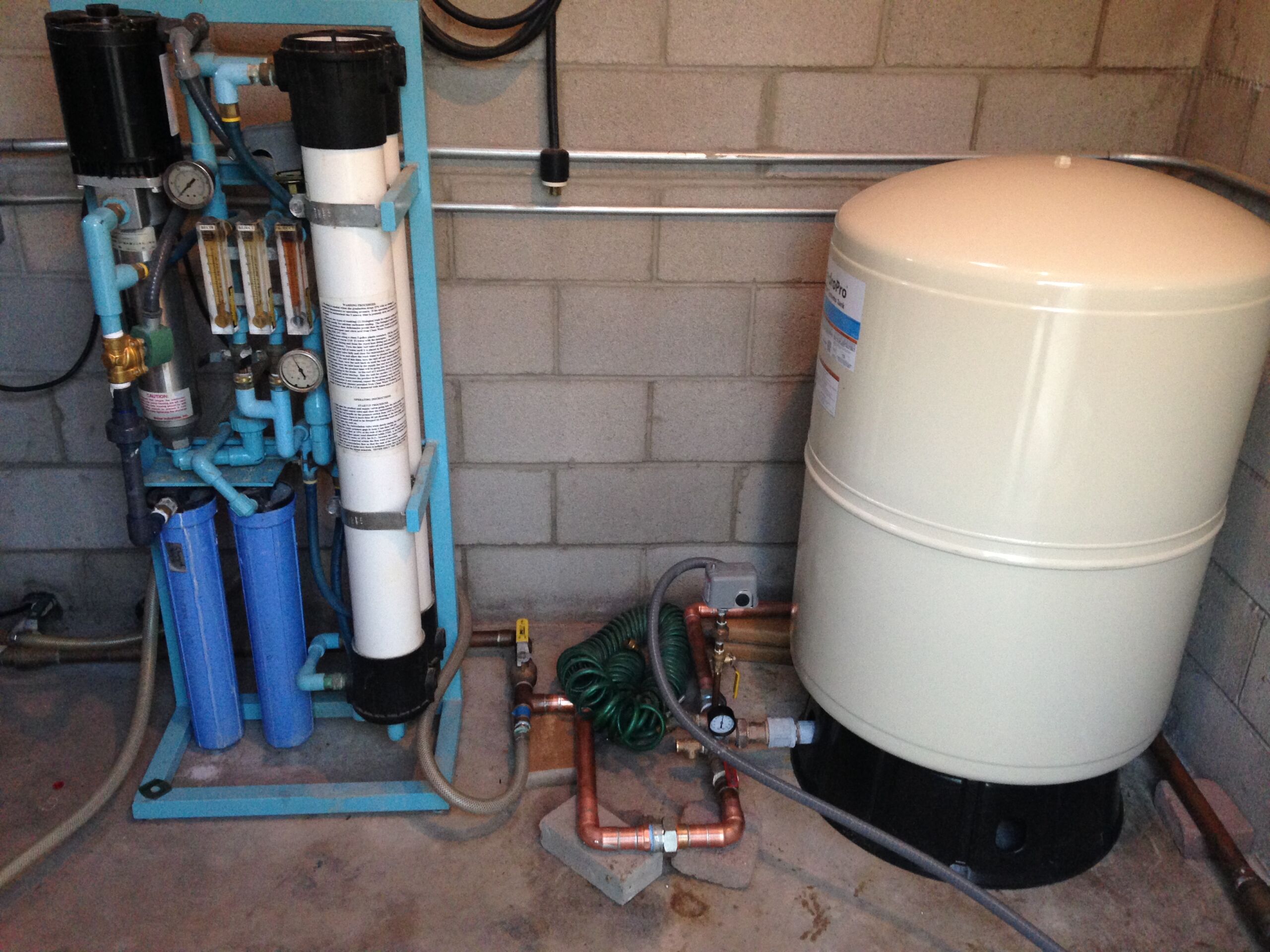Indiana Well Water Testing and Treatment Contractors
Find qualified Well Water Testing and Treatment contractors in Indiana using our contractor lookup tool. Learn more about NGWA Contractor Certifications here.
Tabers Pump & Well Service Inc
Osceola, IN 46561-9211
United States
Peerless Midwest Inc
Mishawaka, IN 46545-7599
United States
Rippe Well Service Inc
Valparaiso, IN 46385-9266
United States
Mumma Brothers Drilling Inc
Lyons, IN 47443-9721
United States
R K Maurer Well Service Inc
South Bend, IN 46637-2804
United States
Shipe Well Drilling Inc
Pleasant Lake, IN 46779-9542
United States
Donald Gene Williams
Paoli, IN 47454
United States
National Water Services
Paoli, IN 47454
United States
Hacker Well & Pump
Vincennes, IN 47591-7604
United States
Find Well Water Testing and Treatment In
Frequently Asked Questions
When should I have my well water tested?
The National Ground Water Association (NGWA) recommends well owners test their water at least annually for bacteria, nitrates, and any contaminants of local concern. More frequent testing should be considered if:
- There is a change in the taste, odor, or appearance of the well water, or if a problem occurs such as a broken well cap, inundation by floodwaters, or a new contamination source
- The well has a history of bacterial contamination
- The septic system has recently malfunctioned
- Family members or house guests have recurrent incidents of gastrointestinal illness
- An infant is living in the home, or
- To monitor the efficiency and performance of home water treatment equipment.
What can impact groundwater quality?
Forty-seven percent of the United States depend on groundwater for their basic drinking water supply. Having a basic understanding about groundwater quality will help ensure that your well is supplying potable water for your household.
Along with human activities, water quality is affected by a combination of natural processes. Most relate to chemical compositions underground. However, other factors such as biological, physical, and radiological conditions can affect water quality as well.
Read moreHow is a well disinfected?
Properly constructed and maintained water well systems are designed to keep microorganisms such as bacteria, viruses, and protozoa from getting inside the well system and into the water. When a water test indicates the presence of microorganisms in a well, disinfection of the well system is recommended along with some level of inspection.
Read moreIndiana Groundwater and Water Well Statistics
Few states can accurately or confidentially determine how many residential wells are in place. For each region, the American Housing Survey by the U.S. Census provides regional data.
Indiana is found in the Midwest, along with these other states: Ohio, Michigan, Indiana, Illinois, Wisconsin, Minnesota, North Dakota, South Dakota, Iowa, Nebraska, Kansas, and Missouri.
The last American Housing Survey Census indicates this region had 3,990,0002 households served by residential wells, with an average of 2.553 persons per household. The USGS estimates the population of self-supplied water supply users in Indiana to be 1,680,000, all of which were groundwater supplied.
- 679 community water systems use groundwater for 2,406,000 people
- 601 non-community, non-transient water systems use groundwater for 211,000 people
- 2,743 non-community, transient water systems use groundwater for 362,000 people
- 4,130 irrigation wells used serving 1,410 farms and 410,000 acres
Well Water Testing and Treatment Articles and Resources
Does My Water Well Need Treatment? By Gary L. Hix, R.G., CWD/PI Have you ever asked yourself: “Does my well water need treatment?” The question is not one you can answer if you have not had your water tested recently. You should ask yourself instead: “When was the last time I had my water tested?” If the answer to this question […]
PFAS and Private Well Owners: What You Need to Know NGWA published PFAS and Private Well Owners: What You Need to Know, a two-page fact sheet for home owners concerned about PFAS. Written in easy-to-understand language by groundwater professionals, it explains what PFAS are, how to test wells for PFAS, treatment options, and more.




